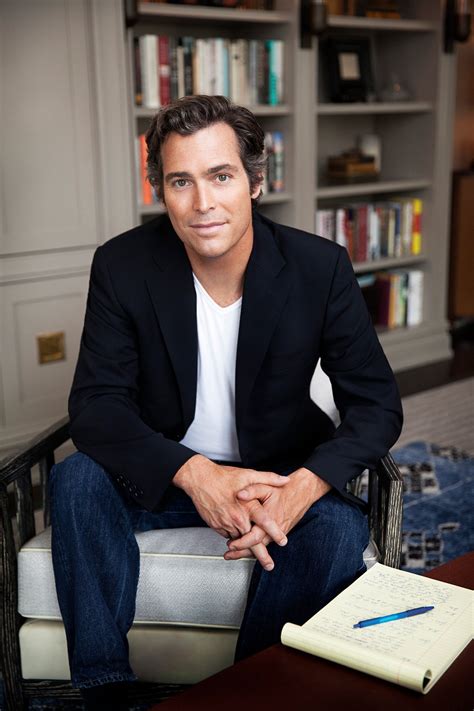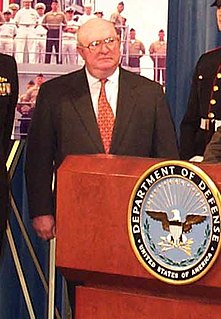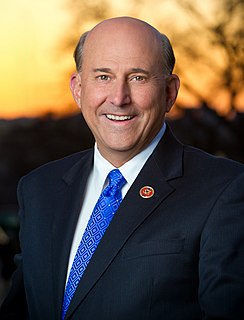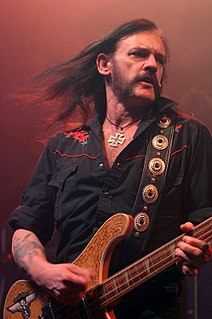A Quote by Douglas Brunt
I've seen terrorism close up, but I don't live in a state of terror at all. I'm comfortable going to the Manhattan Thanksgiving Day Parade, the tree lighting at Rockefeller Center, Times Square on New Years Eve. For perspective, the world today is a safer place than it was during the Cuban Missile Crisis, the Berlin Airlift, World War II.
Quote Topics
Thanksgiving
War
Berlin
Center
Close
Comfortable
Crisis
Cuban
Cuban Missile Crisis
Day
Eve
Going
Lighting
Live
Manhattan
Missile
New
New Year
New Years Eve
Parade
Perspective
Place
Rockefeller
Rockefeller Center
Safer
Seen
Square
State
Terror
Terrorism
Than
Thanksgiving Day
Times
Times Square
Today
Tree
Up
World
World Today
World War
World War I
World War II
Years
Related Quotes
We have to recognize that the reason that the global order that we've enjoyed and almost take for granted over the last several years exists is that after World War II, the United States and its allies tried to build an antidote to what they had seen between World War I and World War II. There, they'd seen protectionism, beggar-thy-neighbor trading policies, so they said, we'll build an open international economy. And they did that.
We stand today at a unique and extraordinary moment. The crisis in the Persian Gulf , as grave as it is, also offers a rare opportunity to move toward an historic period of cooperation. Out of these troubled times, our fifth objective - a new world order - can emerge: a new era - freer from the threat of terror, stronger in the pursuit of justice, and more secure in the quest for peace. An era in which the nations of the world, East and West, North and South, can prosper and live in harmony.
I am so excited this year getting to play the 85th Anniversary Macy's Thanksgiving Day Parade. Everyone knows on Thanksgiving morning to get up, turn on the TV and watch the parade, so to be an actual participant is going to be fun and I'm looking forward to it. I am gonna have to put on my deer hunting gear, though, to stay warm!
It's important to remember that World War II was experienced very much as a continuity in that sense. Most of World War II in most of Europe wasn't a war; it was an occupation. The war was at the beginning and the end, except in Germany and the Soviet Union, and even there really only at the end. So the rest of time it's an occupation, which in some ways was experienced as an extension of the interwar period. World War II was simply an extreme form, in a whole new key, of the disruption of normal life that began in 1914.






































